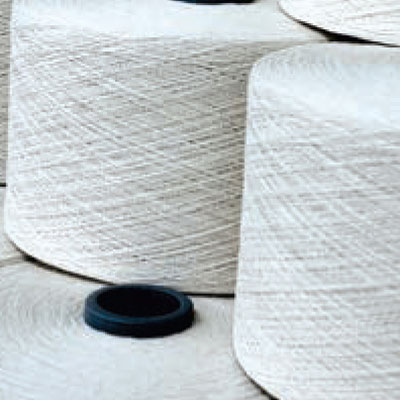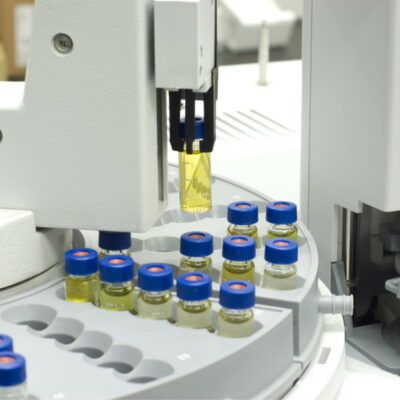CertainT® proof point technologies offer a multifaceted and flexible approach to supply chain integrity. With the capability to reference multiple proof points, inherent or imparted, throughout the supply chain, CertainT solutions can be configured to address the needs of virtually any commercial endeavor.



Precision-engineered DNA molecular tags are fashioned and deployed in materials, components, products, and packaging. These forensic, immutable, and enduring tags can be used to confirm attributes such as authenticity, provenance and intended distribution path.
Tagged materials and products are sampled and can be analyzed in the field or laboratory. The resulting authentication data create a detailed view of supply chain activity that helps maintain product and brand integrity.
Applications: Cotton, Synthetics, Thread, Down and Feather, Leather, Textile and Printed Labels, Packaging, Custom Applications, Security
Analysis: On-site or CertainT Laboratory options available – PCR
optional functionality:
- Beacon® Rapid Optical Reporter – used only in conjunction with DNA molecular tags. This proprietary, locked fluorophore is activated with a decryptant and revealed with a UV light, offering a rapid screening tool enabling verification anywhere. Beacon with DNA can be deployed on thread, labels and other packaging materials.
- Tracers – proprietary tracers used in conjunction with DNA tagged cotton for the purposes of quantification using standard analytical chemistry. The method enables the quantification of DNA-tagged synthetics when blended with non-tagged textiles.



Genotyping
Genotyping is the analysis of endogenous cotton DNA to identify unique genetic biomarkers. These biomarkers are used to distinguish different cotton families and varietals or distinguish genetically modified cotton. Biomarkers act as molecular signatures that can be used to verify the cotton integrity throughout the supply chain. For example, premium cotton varieties like American Pima and Egyptian Giza belong to the same family of cotton (Gossypium barbadense) and have their own unique molecular signature.
Genotyping helps in detecting fraudulent blends, identifying the use of unauthorized or genetically modified cotton, and verifying cotton authenticity – safeguarding supply chain integrity while fostering consumer trust.
Applications: Cotton
Analysis: CertainT Laboratory – PCR



The international movement of materials and products has traditionally involved paper documentation to verify origin and other compliance-related information. Due to today’s supply chain complexities, there is a growing need for a more reliable method to corroborate the geographic origin of a material or product. The strength of isotopic analysis lies in its ability to provide evidence of the physical product’s origin at multiple checkpoints in the supply chain. Natural abundance stable-isotopic elements within materials provide innate chemical evidence of geographic and industrial provenance. Isotopic ratios are determined by the soil (and its additives), water (and its contaminants) and air to which cotton is exposed during growth. Isotopic analysis can identify signatures for products or materials, which can be compared against known reference samples and industry data to verify their origin. Analysis of stable isotopic ratios in goods like textiles can help detect fraud, counterfeiting, and illicit trade, safeguarding consumer health and brand integrity.
Applications: Cotton, Synthetic Fiber
Analysis: CertainT Laboratory – Isotope Ratio Mass Spectrometry
